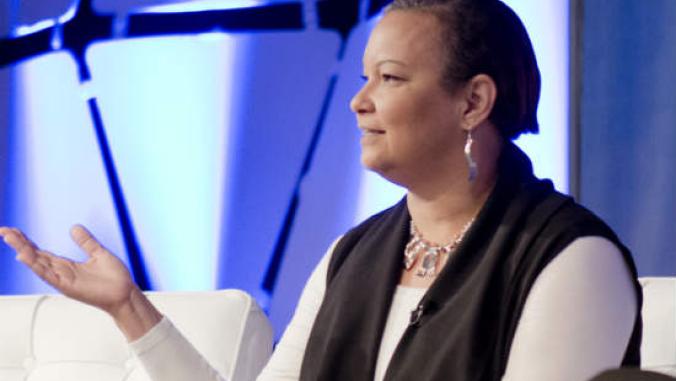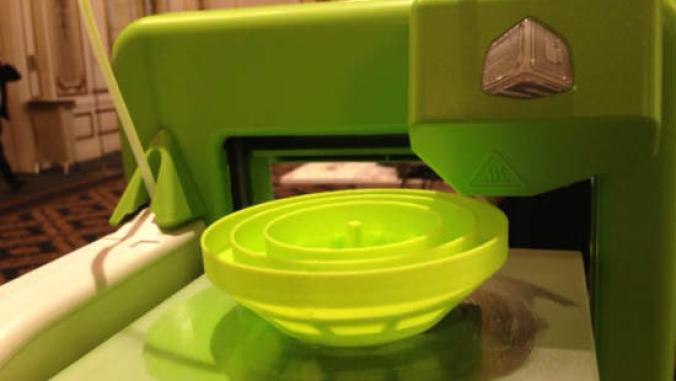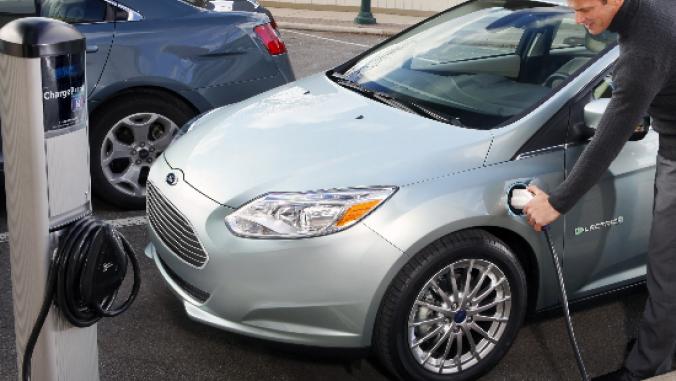Green Seal Adds Deodorant, Sunscreen to Eco-Label Portfolio
<p>A new Green Seal standard looks at the life cycles of nail polish, lotion, hair spray and other personal care goods.</p>

Deodorant - CC license by Clean Wal-Mart/Flickr
The environmental certification non-profit Green Seal has launched a new standard for deodorant, nail polish and other personal care products.
The GS-50 standard applies to products and cosmetics meant to be left on the body, a complement to Green Seal's GS-44 standard for soaps and shampoos, which are intended to be washed off. "They are used differently, they have slightly different ingredients," said Cheryl Baldwin, vice president of Green Seal, about the products covered by the new standard. "The general functionality of the products are different and ultimately their fate in the environment is different."
The personal care and cosmetics standard, developed in a little under two years, includes requirements for product performance, ingredients, labeling, packaging and social responsibility, and also requires companies to report on resource use.
Along with overall requirements, GS-50 includes details specific to some of the products it covers, like lotions, hair spray, sunscreen, insect repellant, makeup and antiperspirants.
To receive the Green Seal label, products cannot be tested on animals or contain carcinogens, reproductive toxins or other compounds harmful to humans. The list of banned ingredients includes bisphenol A (BPA), phthalates and triclosan. Product compounds, with a few exceptions, must readily biodegrade in aquatic environments.
Companies can meet the packaging requirements in a number of ways, such as by having recyclable packaging, a take-back program or packaging made with 50 percent post-consumer material. All ingredients must be listed, and the standard includes explanations for how words like "natural" and "biobased" can be used.
Any business applying for the standard must document energy and water use, air emissions, trash and waste water related to their manufacturing processes, and are asked to report on the distrance and type of transportation used to move raw materials around.
On the social responsibility side, workers must be given the right to join labor unions, child labor is prohibited, and wages and working hours are expected to meet minimum legal requirements or industry benchmarks.
Green Seal has more than 30 standards covering building products, cleaning services, hotels, paint, lighting, paper products, restaurants and more. It is also working on a company-level standard, GS-C1, for consumer product manufacturers, similar to the ULE 880 company standard being developed by UL Environment and GreenBiz Group for manufacturing firms.
Deodorant - CC license by Clean Wal-Mart/Flickr





